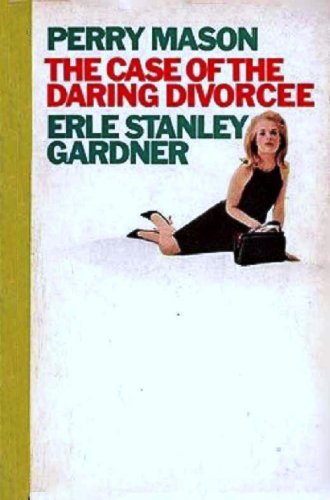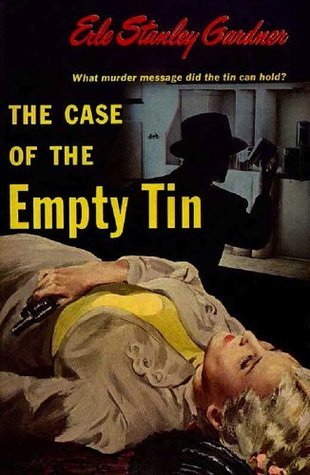
Part of Series
Perry Mason seeks the link between a poisoned kitten, a murdered man, and a mysterious voice from the past Helen Kendal's woes begin when she receives a phone call from her vanished uncle Franklin, long presumed dead, who urges her to make contact with criminal defense attorney Perry Mason; soon after, she finds herself the main suspect in the murder of an unfamiliar man. Her kitten has just survived a poisoning attempt, as has her aunt Matilda, the woman who always maintained that Franklin was alive in spite of his disappearance. Lucky that Helen took her uncle's advice and contacted Perry Mason—he immediately takes her as a client. But while it’s clear that all the occurrences are connected, and that their connection will prove her innocence, the links in the case are too obscure to be recognized even by the attorney’s brilliantly deductive mind. Risking disbarment for his unorthodox methods, he endeavors to outwit the police and solve the puzzle himself, enlisting the help of his secretary Della Street, his private eye Paul Drake, and the unlikely but invaluable aid of a careless but very clever kitten in the process. Reprinted for the first time in over twenty years, The Case of the Careless Kitten is one of the most highly praised cases in the iconic Perry Mason series, which need not be read in any particular order.
Author

Erle Stanley Gardner was an American lawyer and author of detective stories who also published under the pseudonyms A.A. Fair, Kyle Corning, Charles M. Green, Carleton Kendrake, Charles J. Kenny, Les Tillray, and Robert Parr. Innovative and restless in his nature, he was bored by the routine of legal practice, the only part of which he enjoyed was trial work and the development of trial strategy. In his spare time, he began to write for pulp magazines, which also fostered the early careers of Dashiell Hammett and Raymond Chandler. He created many different series characters for the pulps, including the ingenious Lester Leith, a "gentleman thief" in the tradition of Raffles, and Ken Corning, a crusading lawyer who was the archetype of his most successful creation, the fictional lawyer and crime-solver Perry Mason, about whom he wrote more than eighty novels. With the success of Perry Mason, he gradually reduced his contributions to the pulp magazines, eventually withdrawing from the medium entirely, except for non-fiction articles on travel, Western history, and forensic science. See more at http://en.wikipedia.org/wiki/Erle\_Sta...


